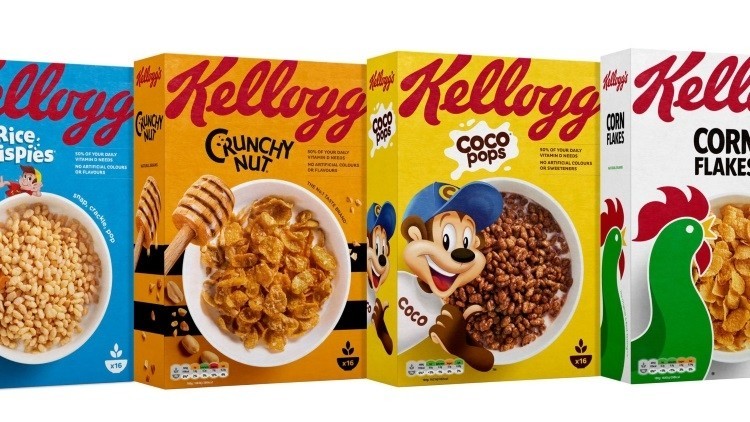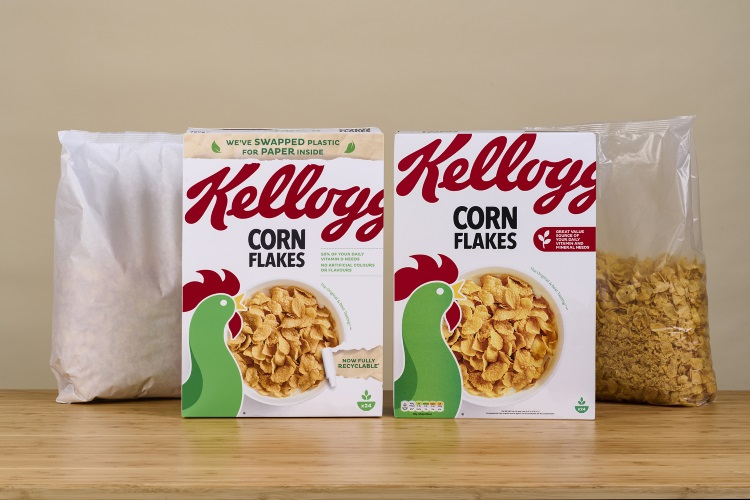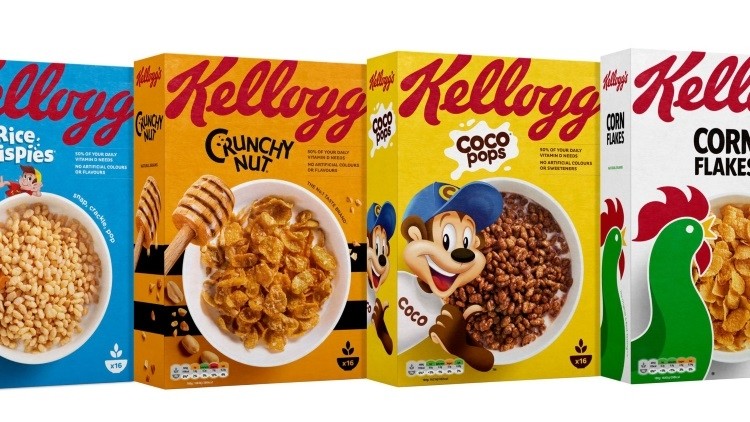According to a court ruling in England, Kellogg’s will no longer be allowed to advertise its sugary cereals in supermarkets. Promotions inside the store about foods and beverages high in fat, salt, or sugar will be restricted.

Food giant Kellogg’s had fought the government in court, arguing the ruling was unfair because it does not consider the nutritional value of added milk. But the Royal Courts of Justice gave a ruling in favor of the government. “It makes little sense to us that consumers will be able to buy other products, like donuts and chocolate spreads, on promotion but not many types of breakfast cereals,” said Kellogg UK managing director, Chris Silcock.
The Department of Health and Social Care said it strongly welcomed the judgment as location promotion restrictions were expected to deliver more than £57bn of health benefits. This move, along with volume price restrictions, is supposed to protect children. Even products high in saturated fat, sugar, or salt are a health threat to the country.
Popular Kellogg’s brands such as Crunchy Nut Corn Flakes and Fruit and Fiber are classified as high sugar in their dry form. But Kellogg’s argued that including milk with them, which is how people generally have cereal, would change the calculation by reducing the level of sugar and salt content relative to the weight of the overall serving. The company said independent market research proved cereals were consumed with milk or yogurt in 92% of cases.
But Judge Mr. Justice Linden said as Kellogg’s cereals do not include instructions for preparation that say that they should be eaten with milk, there was no dispute that cereals can be healthy. He also added, however, that promoting the health benefits of a particular breakfast cereal does not change the fact that if it contains excess fat, sugar, or salt, that feature of the product is harmful to a child’s health. His judgment said he found no injustice to Kellogg’s and the public health case for the new rules was compelling, proportionate, and rational.
Kellogg’s Mr. Silcock said the firm would not go against the judgment, but requested the government to reconsider the new rules. By restricting the placement of items in supermarkets, customers face less variety and even higher prices.
In April, the US cereal juggernaut filed a lawsuit against the UK Department of Health and Social Care (DHSC). The corporation argued that government regulations limiting the promotion of meals high in fat, salt, or sugar (HFSS) that are set to be implemented in October failed to account for the fact that morning cereal is typically eaten with milk, which adds additional nutritious value.
At the Royal Courts of Justice in London today (4 July), Justice Linden dissented, dismissing Kellogg’s claim that it largely supports the government’s effort to reduce obesity, particularly among children. The UK’s Nutrient Profiling Model (NPM), which Kellogg has criticized, claims that the nutritional content of breakfast cereals should be evaluated using
In the coming days, Prime Minister Boris Johnson promises to unveil a comprehensive plan to combat obesity. A prohibition on junk food advertising before 9 o’clock at night and limitations on in-store promotions are probably part of the proposal. It’s no accident that this is being introduced in the midst of a pandemic that has caused tens of thousands of individuals to pass away or suffer from coronavirus-related illnesses that could have long-term effects.

We have precise data for primary school students thanks to the National Child Measurement Programme, which keeps tabs on obesity rates in schools across the nation. It reveals that one in ten kids in the first grade and one in five by the conclusion of primary school are obese. When overweight children are taken into account, the percentages increase to one in five and one in three, respectively. It is for this reason that the Royal College of Pediatrics and Child Health has referred to the obesity problem as “one of the greatest hazards” to kids and society at large.
Read More: UK-Based Pret a manger Launches in India; Partners with Reliance













